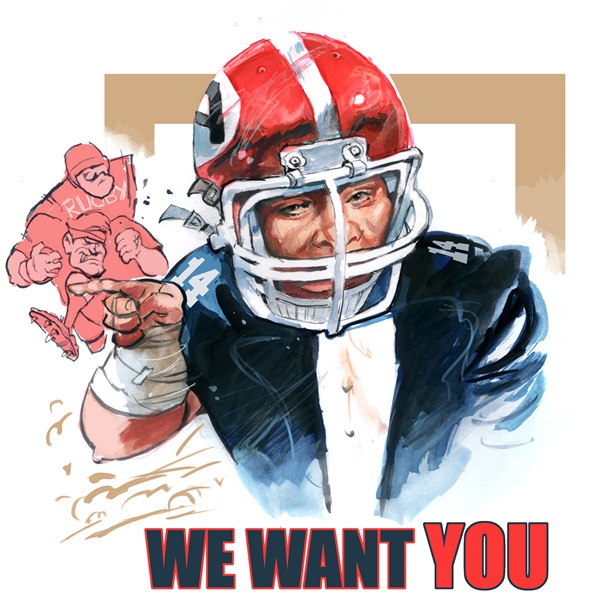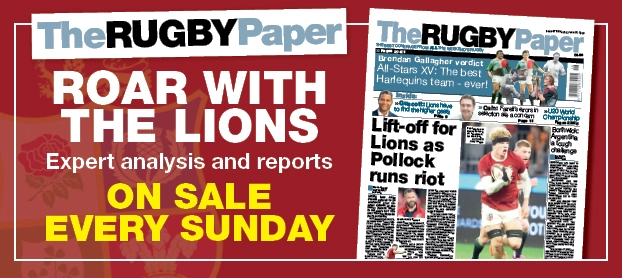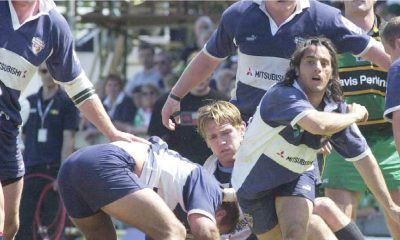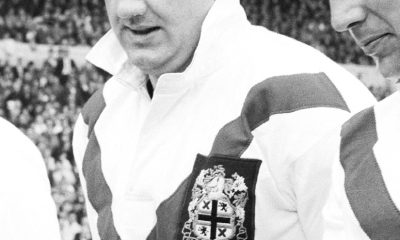
(Photo: Getty Images)
By Nick Cain
This afternoon Twickenham is once again opening its doors to American Football by hosting the NFL “international series” game between the Minnesota Vikings and the Cleveland Browns. It is the fourth NFL game played in London this autumn, with the matches split between the home of English Rugby Union and Wembley.
The RFU will be paid a kings ransom by the NFL for rolling out the red carpet to the American sporting invasion – and let’s hope that it is doing so with its eyes wide open.
This so-called international series is part of an NFL strategy to export its code to Europe, not least because the audience figures for the sport in the USA have been declining, and capturing a lucrative new market in Europe is a useful hedge against the dip in popularity on the other side of the Atlantic.
The Americans need no lessons in sports marketing from anyone, mainly because they invented it, with major professional sports like American Football in the vanguard. What bodies like the RFU have to recognise, and quickly, is that this colonisation, far from being a friendly partnership, is a serious threat to the health of Rugby Union.
The reality is that if an NFL franchise is created in London, or relocates to it, that talented young Rugby Union players – as well as those in rugby league, athletics, and to a lesser extent football – will be at the top of their shopping list.
The athletic and physical types required by Rugby Union and American Football are virtually the same, and therefore they will be fishing in the same talent pool. The NFL knows that money talks when it comes to recruitment, and that its vastly superior spending power means that the race to contract the most talented young rugby athletes could leave a country even with England’s playing numbers picked clean.
Most fans of our own oval ball code will recognise that stars like Jonny Wilkinson, Jason Robinson and Martin Johnson do not come around every generation, and that they are not easily replaced. The logical extension is that if your tier of elite talent is constantly plundered your sport is in danger of losing its profile and appeal.
Players crossing over between Rugby Union and American Football are the exception rather than the rule at the moment. However, the speed with which the transition can take place is evident in the contract secured by the former England Sevens captain, Alex Gray, who secured a two-year contract with the Atlanta Falcons this summer.
Gray was one of three UK-based athletes to sign for NFL practice squads, and is learning the ropes at tight-end. Five years ago the Saracens lock Hayden Smith made similar inroads with the New York Jets practice squad, and got on at tight-end against the Cincinatti Bengals. The traffic the other way has seen the newly England Patriots safety, Nate Ebner, play for the USA side in the 2016 Olympic sevens.
At the moment there is no player drain, with those leaving to try the American code a mere trickle. Set against that we know that the financial clout of the national bodies in Rugby Union – with the RFU the wealthiest – or clubs with multimillionaire backers, are not in the same league as an organisation like the NFL.
That is why if the NFL decided to target a goal-kicker of the calibre of Owen Farrell for a new London franchise, or to sign Billy Vunipola as a linebacker, the money on offer would dwarf their Rugby Union earnings.
The average NFL squad player earnings are £1.44 million – which is about half a million more than Dan Carter earns in France. However, the money that star players earn is staggering, with the brilliant New England Patriots quarter-back, Tom Brady, signing a two year deal worth £31.2 million.
However, it is more likely that the NFL will target promising Rugby Union players much earlier so that their learning curve in the new sport is gradual rather than steep – and, again, the contracts would be far more lucrative than anything Rugby Union can pay.
If this talk of an American Football invasion sounds fanciful, it is worth considering why Tottenham have installed a revolutionary retractable second pitch in their new showpiece stadium to replace White Hart Lane.
That second pitch has NFL specified dimensions and turf surface, and is kept under the Spurs pitch and then raised to replace it using sophisticated hydraulic technology. This has been done as part of Tottenham signing a deal with the NFL to play two games a season on it from 2018-19.
That sort of investment does not happen by accident, and nor does the number of games the NFL are playing on this side of the Atlantic.
The battle for hearts, minds, and playing talent between Rugby Union and American Football may be in its infancy in this country, but it has started – and having the enemy inside your gates may not be the RFU’s best strategy.

































You must be logged in to post a comment Login